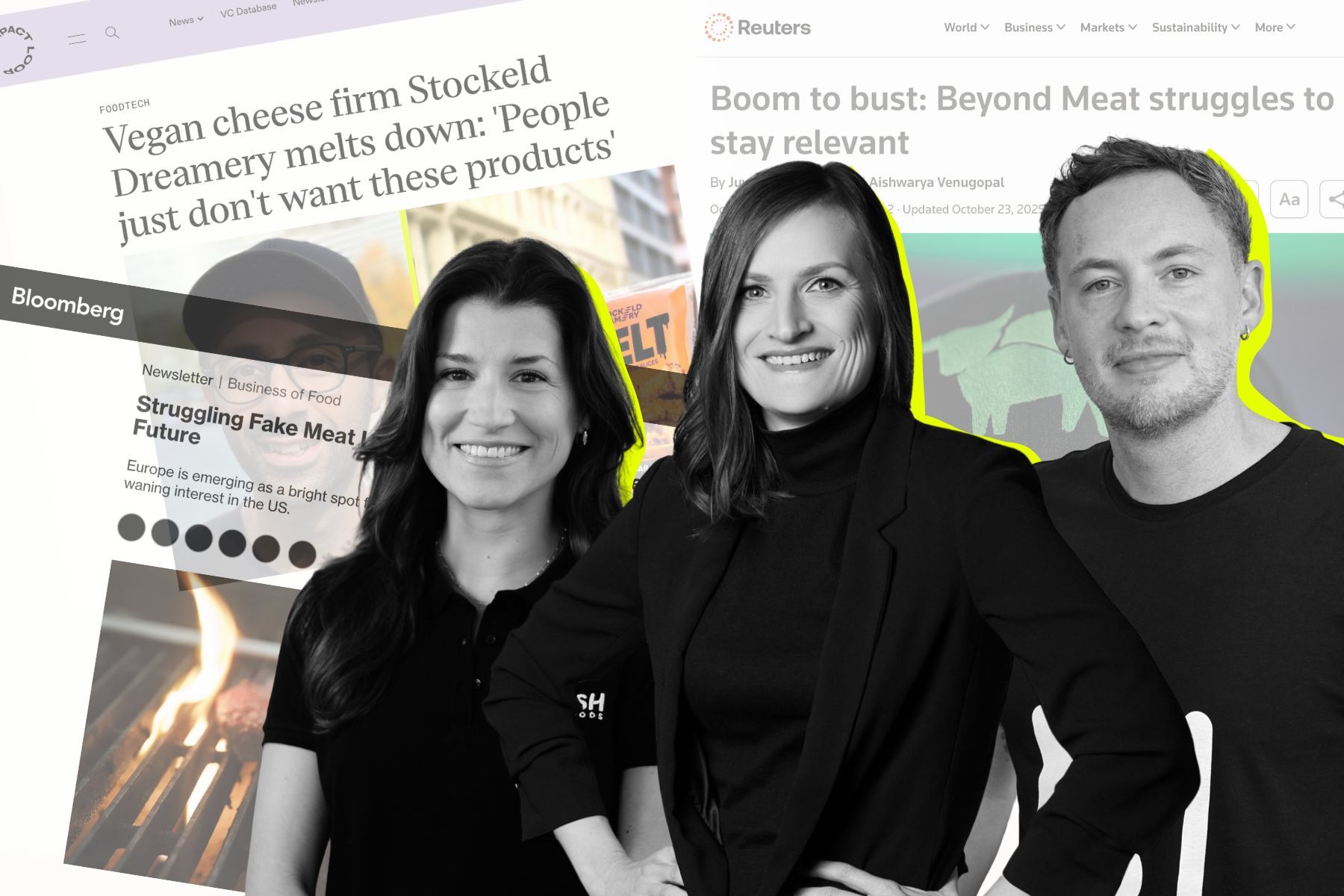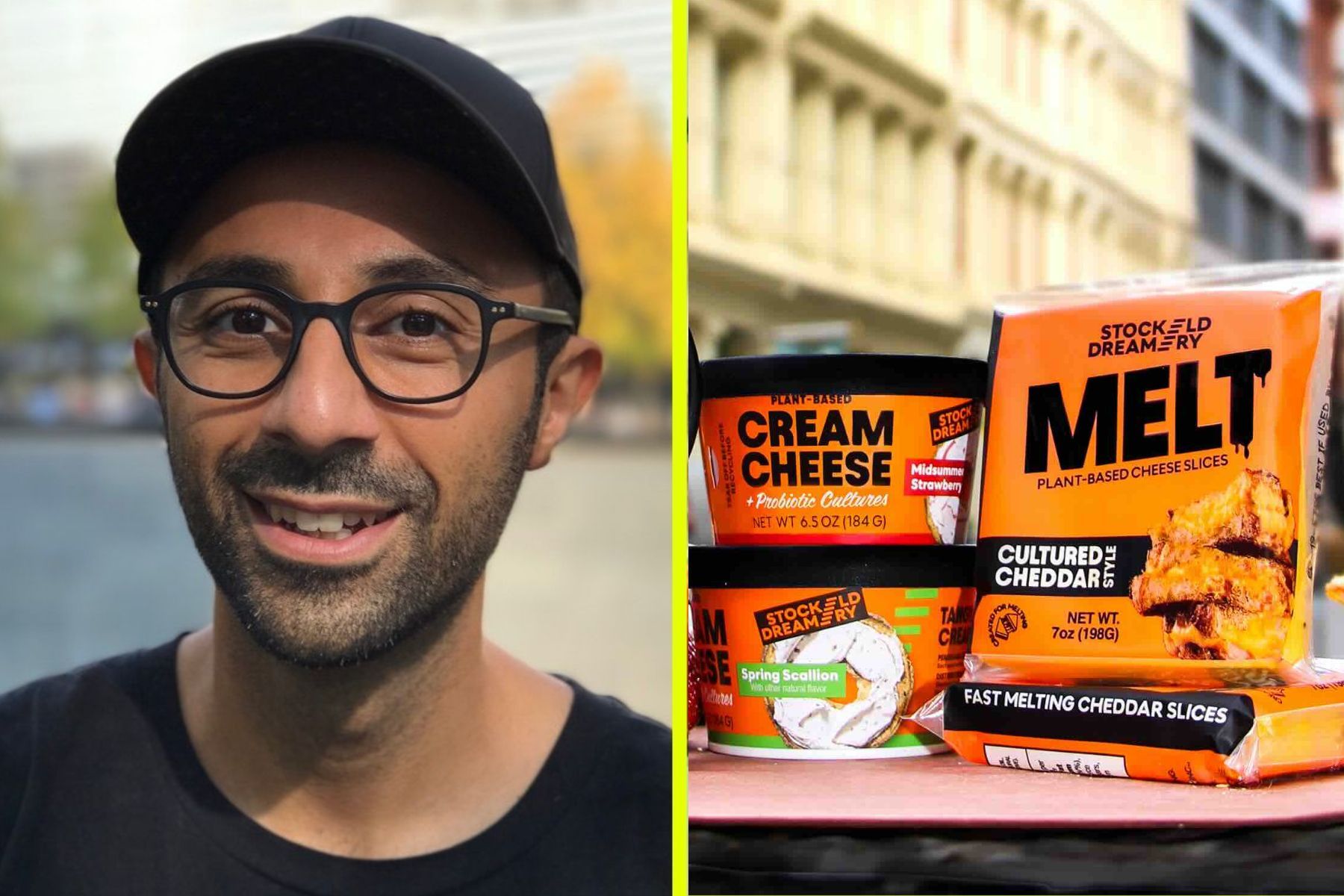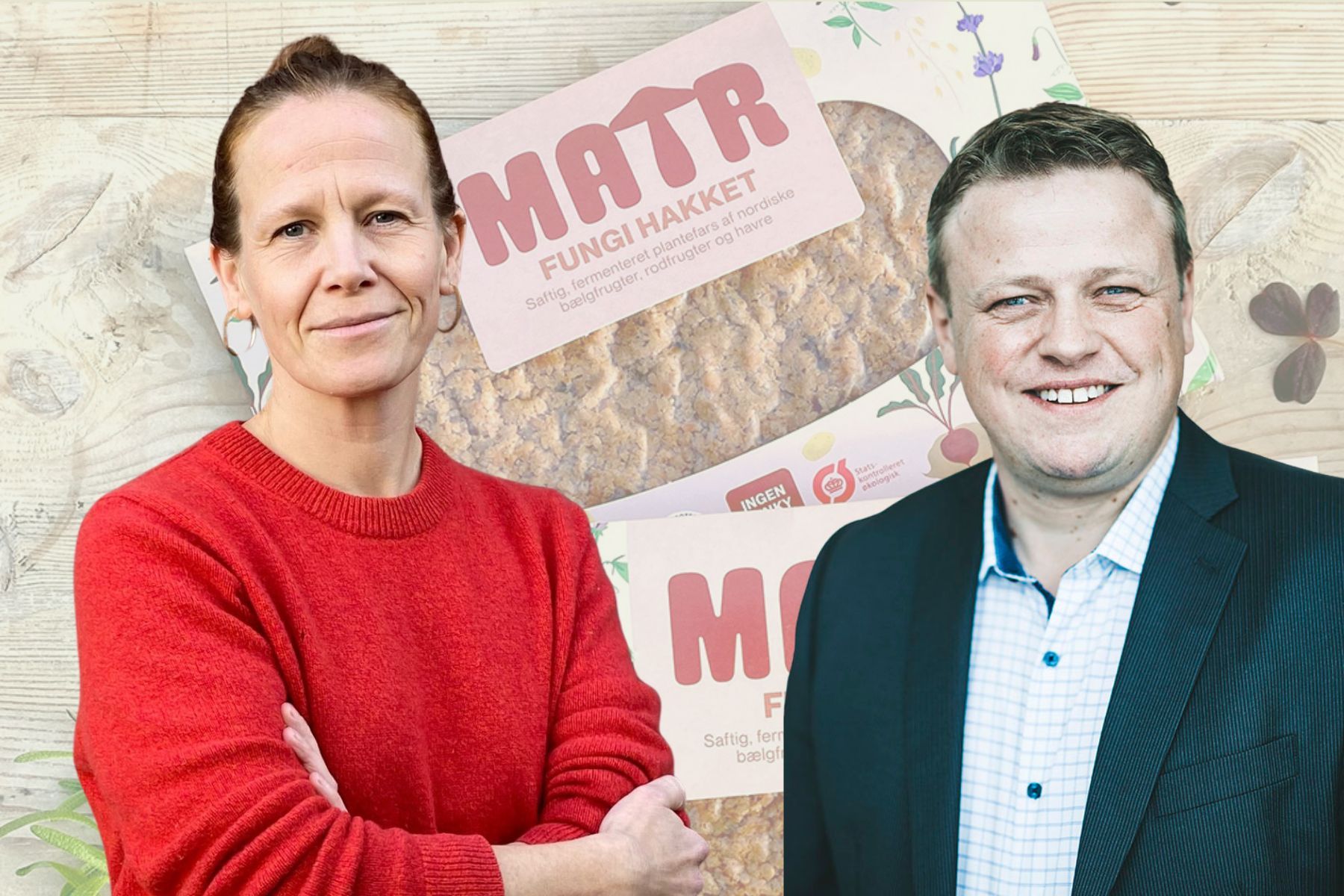Plant-based hype wave is over. Now, quality rules: ‘The product has to be exceptional’

The plant-based gold rush is over, and behind it lies a trail of shuttered factories, deflated valuations, and bankrupt startups. <br><br>As the next wave builds, industry insiders say only the companies offering delicious, quality, and affordable products will make the cut.<br>


The first plant-based boom, fuelled by tens of billions in investment, promised to change how we eat. While huge progress was made, it didn’t quite deliver – and now we’re witnessing the fallout.
Just last week, Swedish vegan cheese startup Stockeld Dreamery shut down after raising €20m from investors and getting its products into hundreds of stores.
“We knew the market wasn’t huge, but it was growing fast when we started. In the past few years, it’s only shrunk,” the company’s founder Sorosh Tavakoli told Impact Loop at the time.
That sentiment is backed by data from the Good Food Institute, which shows that plant-based sales grew rapidly between 2019 and 2021 before slowing in 2022 – and then declining over the past two years.
A plant-based reckoning
Stockeld Dreamery isn;t the only one to feel the pinch. In recent months alone, Dutch alt-protein firm Vegan Fine Foods went bust, Austrian gas fermentation firm Arkeon entered insolvency, and Canadian plant-based brand Yves Veggie Cuisine was discontinued by its owner, Hain Celestial.
Meanwhile, industry heavyweight Beyond Meat saw sales drop nearly 20% year-on-year in the second quarter of 2025, Impossible Foods is pivoting hard to flexitarians, and major food conglomerate Unilever announced in March that it was selling its plant-based brand The Vegetarian Butcher.
Dr. Nadine Geiser, a specialist agrifood tech investor at World Fund, says we’re witnessing a reckoning in the plant-based sector that has laid bare its crucial shortcomings.
“The first wave of plant-based hype has fizzled,” Geiser tells Impact Loop. “That’s partly because of overpromising and underdelivering on product quality.”
She points to issues in the first batch of alt-protein products such as strong off-tastes, digestion problems, and poor texture – all that with a high price tag to boot.
“For a food tech business to thrive, the product has to be exceptional, and you need to deliver on consumer experience, not just storytelling,” she says.
In the early days, many plant-based brands positioned themselves as sustainable, ethical, and planet-friendly alternatives to meat and dairy. That narrative worked for a while, when consumers were excited about the idea of eating more consciously.
But now that the initial excitement has largely worn off, other drivers have begun to dominate purchasing decisions for both meat eaters and vegetarians. Namely taste, texture, nutrition, and price.
A ‘new veg’ movement?
While the plant-based sector has taken a real knock of late, many players are still in the game. And there are new bright shoots emerging too.
Some rising stars include Project Eaden, which recently raised €15m to make plant-based meats using fibre-spinning tech borrowed from the textile industry, and MATR Foods, which recently raised €40m for its first mycoprotein factory.
Other, more established players that have weathered the storm (for now) include Dutch cultivated meat startup Mosa Meat, Finland’s animal-free egg white firm Onego Bio, no-cocoa chocolate company Planet A Foods, and Formo, a German outfit making fermented dairy.
“The next wave is about functionality, taste, and health grounded in real science,” says Thomas Cresswell, chief business officer at Swedish startup Melt&Marble, which makes animal-free fats via precision fermentation.
“Consumers don’t want ideology on their plate,” Cresswell continues. “They want food that delights them and is less processed.”
Rise of fermentation and hybrid foods
Precision fermentation has surged in popularity in recent years. The food production method uses microorganisms – like yeast, fungi, or bacteria – as tiny factories to make specific ingredients such as dairy proteins, fats, or enzymes.
Geiser says she believes the “new veg” movement will be driven largely by fermentation-based products. She also believes hybrid foods – which combine plant-based ingredients with animal-based proteins – will play a significant role.
German startup Nosh.bio is combining both approaches. It recently trialled a hybrid beef mince in Berlin that blends conventional beef with its koji-based mycoprotein, produced via fermentation in a bioreactor. It also sells its koji — Japan’s national fungus — as a standalone alt-protein.
“The question is no longer ‘how can we imitate meat?’” says Alix Chausson, Nosh.bio’s co-founder. “But ‘how can we make the food system more efficient, affordable, and sustainable — without losing mainstream consumers?’”
But even this new wave won’t have an easy ride.
Regulation in Europe still drags, with novel food approvals taking years. Investors are more cautious than they used to be, demanding proof of scalability and strong IP, not just a good story. And there’s the active lobbying of the meat industry in Brussels which has started to have an increasingly powerful impact on food policy in the bloc.
Still, the next batch of alt-protein products might, with some luck, be delicious enough to last.
Get full access to Europe's new platform for impact news
- Quality journalism, interviews, investor profiles and deep-dives
- Daily newsletter with top stories, latest funding rounds and roundup to keep you in the loop
Keep reading – get in the loop!
- Håll dig i loopen med vårt dagliga nyhetsbrev (gratis!)
- Full tillgång till daglig kvalitetsjournalistik med allt du behöver veta inom impact
- Affärsnätverk för entreprenörer och investerare med månatliga meetups
Fortsätt läsa – kom in i loopen!
- Håll dig i loopen med vårt dagliga nyhetsbrev (gratis)!
- Full tillgång till daglig kvalitetsjournalistik med allt du behöver veta inom impact
- Affärsnätverk för entreprenörer och investerare med månatliga meetups








.avif)